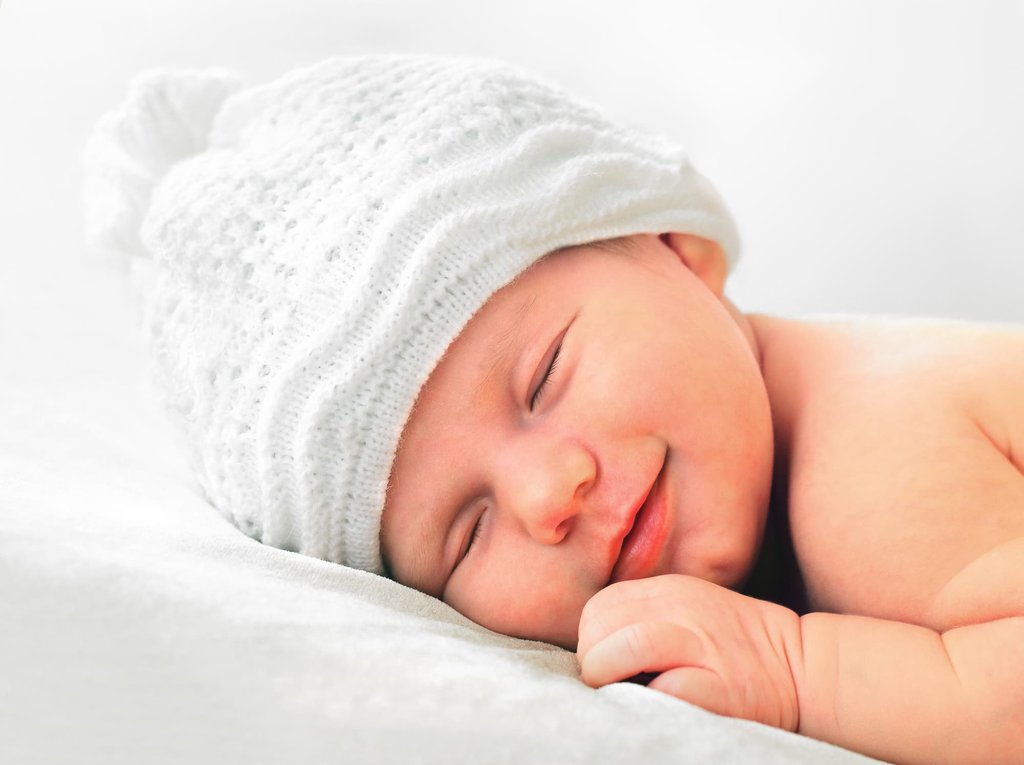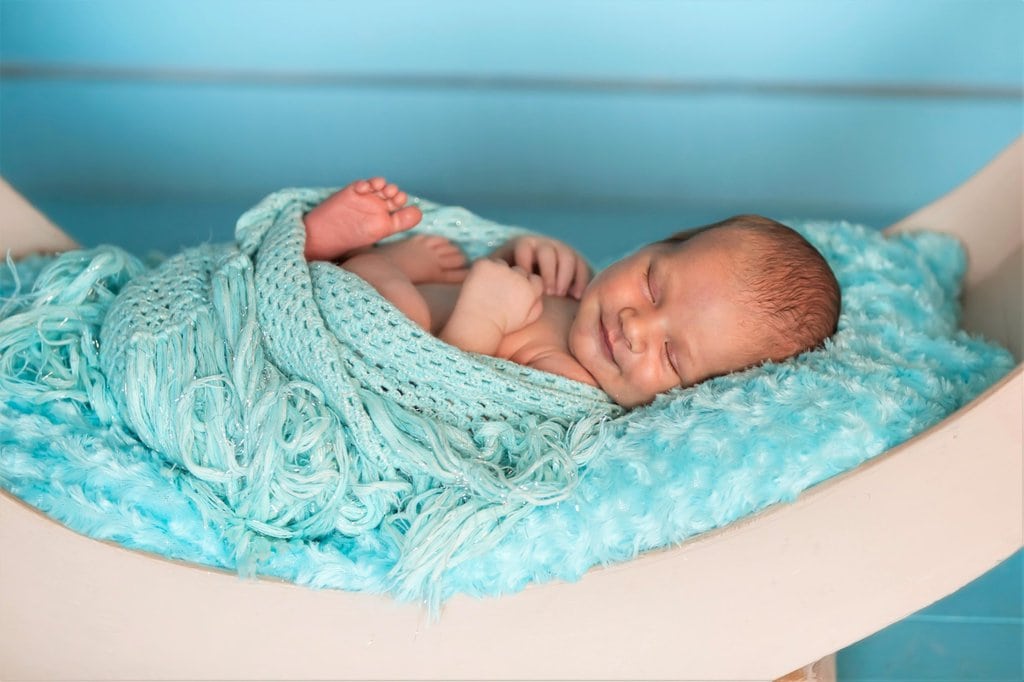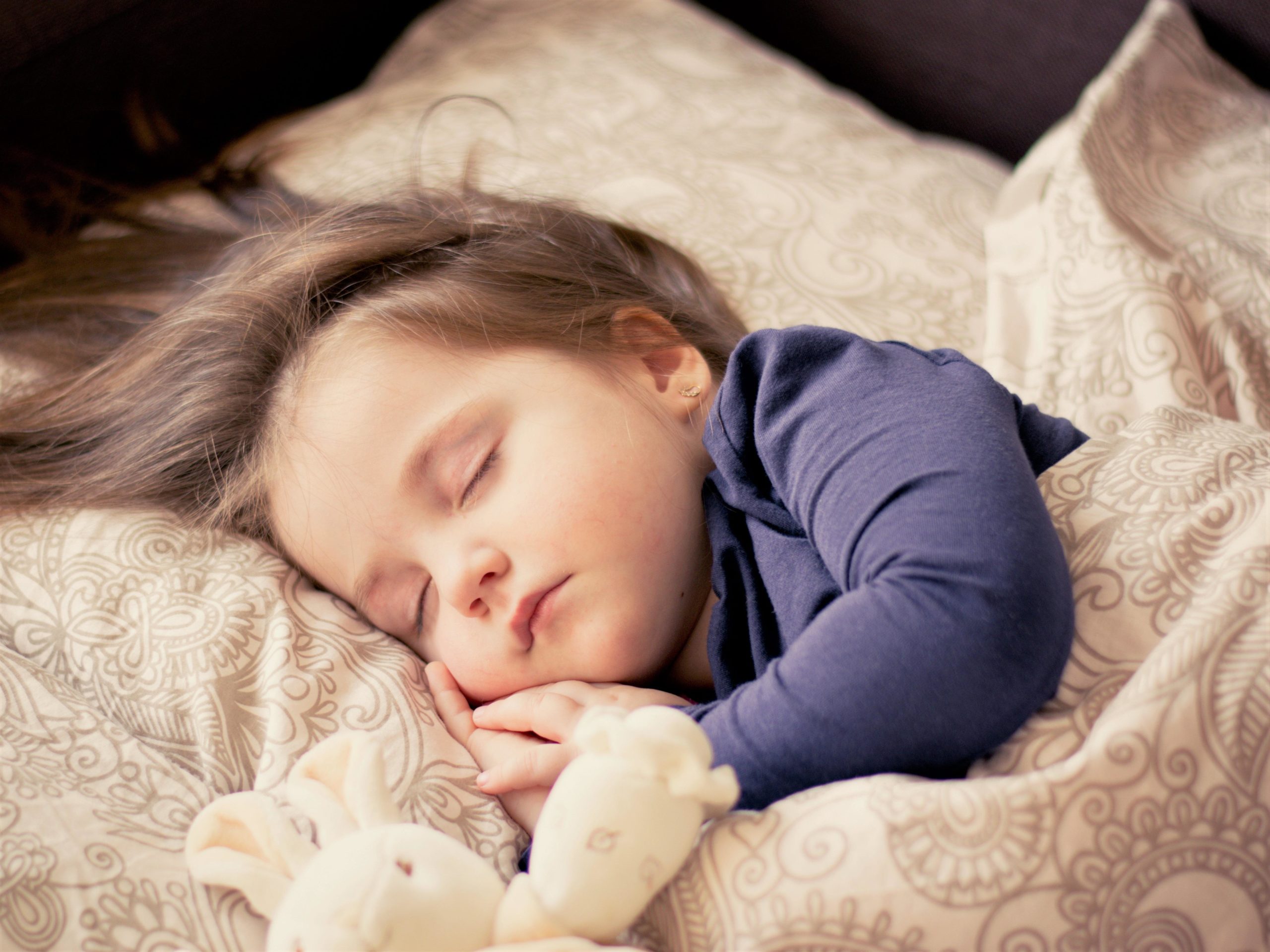A baby’s smile is undeniably one of the most heartwarming sights for parents. But have you ever wondered why your little ones flash a smile – even in their sleep? Is it just a reflex, or is there more to it? Let’s delve into the reasons behind those sleepy smiles and uncover how to encourage those enchanting grins while they’re awake.
Reflex or Genuine?

Those smiles your baby gives during their sleep may indeed be adorable, but they are often a result of an involuntary reflex. Pediatrician Amaka Priest explains that babies can make various expressive faces during different sleep stages, including smiles, frowns, twitches, and lip smacks. These sleep reflexes serve as practice for your baby, helping them develop the facial muscles they’ll use for intentional smiles and other expressions as they grow older.
What Actually Happens During a Baby’s Sleep
Newborns spend a significant amount of time in REM (Rapid Eye Movement) sleep, unlike adults, who spend only 20% of their night in REM sleep. This sleep slumber is marked by frequent eye movements and arm and leg twitches providing parents with glimpses of those dreamy smiles. As babies age, their sleep patterns evolve, and by the age of one, they no longer go directly into REM sleep. By age five, most children will have only 20% REM sleep.
Dr. Priest also shares that, “Most newborns can sleep in one to three-hour sleep cycles throughout the day and night. As their bodies grow and feeding needs change, those cycles can lengthen, and more sleep will occur at night.”
How Much Sleep Do Newborns Need?

During their early weeks, newborns typically sleep for 14 to 17 hours, with sleep cycles scattered throughout the day and night. As babies grow, their sleep schedules will gradually become more and more consistent in terms of nighttime sleep and nap schedules.
Encouraging Smiles While Awake
To foster intentional smiles, engage in interactions with your baby by talking, singing, laughing, and mirroring expressions. Your little one will begin to realize that facial expressions are a form of conversation with you and others. These joyful interactions lead to parental attachment and self-confidence as they grow.
What if My Baby Smiles While Sleeping?
Seeing your babies smiling during sleep is usually not a cause for concern, as it’s a natural part of their growth and development. However, certain twitches or jerks that happen after waking up or that occur with other symptoms should be discussed with a pediatrician.

Whether reflexive or intentional, a baby’s smile is a testament to the joy and happiness they bring to your life. Cherish these sweet moments, and remember that as your baby grows, their smiles will only become more frequent and expressive.